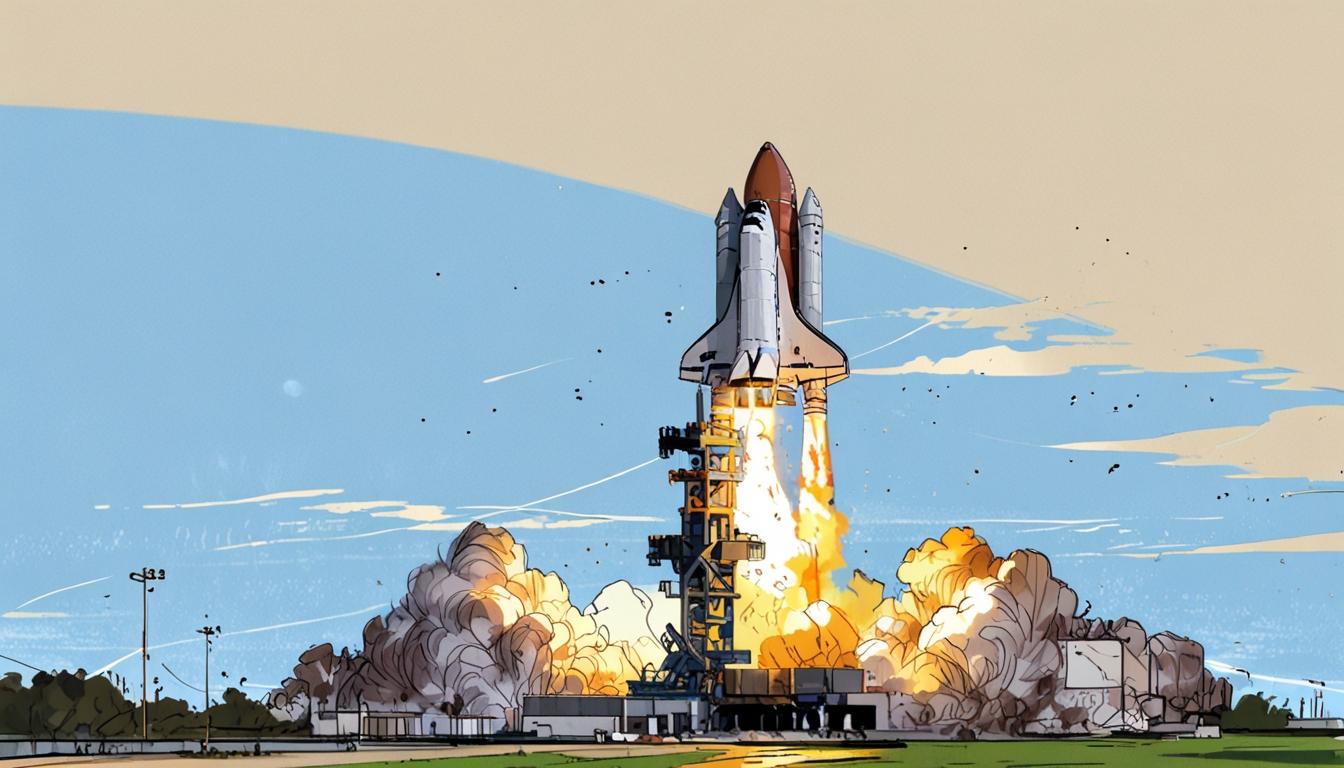The recent debate over space tourism has brought to light a stark contrast between its proponents and critics, particularly in light of Blue Origin's high-profile all-female space flight. While the event was intended to be a milestone and moment of empowerment, it sparked considerable backlash due to concerns about the industry's environmental impact and broader implications.
Critics argue that space tourism is an extravagant and environmentally irresponsible endeavour. Andy Blackmore, picture editor at City AM and writer at Fishing in the Rivers of Life, highlighted that a single space flight can generate more carbon emissions than 1 billion individuals will in their entire lifetimes. Referring to findings from the 2022 World Inequality Report, Blackmore noted, “an 11-minute space trip emits no less than 75 tonnes of carbon per passenger ‘once indirect emissions are taken into account’ and that the number is more likely to be in the 250–1,000 tonnes range.” He cautions that space tourism risks turning space, described as “Earth’s celestial crash helmet,” into a polluted environment akin to over-touristed beaches on Earth, warning that “We all know that pretty soon, space will be like that litter-strewn beach that no one visits.”
Blackmore’s critique places space tourism in the context of broader tourism problems, highlighting the environmental degradation associated with luxury travel. He argues that while many embrace tourism as a harmless pastime, it often contributes to the destruction of delicate natural and cultural sites. He suggests that the rapid expansion of luxury tourism frontiers, culminating in space tourism, is driven by consumerism and social pressure to keep up with celebrities, leading to harmful consequences that the planet can ill afford.
Conversely, proponents like Chris Bosquillon, a consultant at SAY Space, maintain that space tourism offers significant benefits that could outweigh its environmental costs in the long run. Bosquillon asserts that space tourism acts as a catalyst for advances in aerospace technology, such as propulsion systems, reusable launch vehicles, and flight safety improvements. These technological developments can reduce costs for scientific missions and increase funding for deeper space exploration initiatives. He explains that “investment in tourism helps build infrastructure, and supports new industries from spaceports to vehicles to life support systems to training programs,” thereby contributing to the growth of what he terms a “global space economy.”
Moreover, Bosquillon believes that opening space travel to a broader public can demystify space, encouraging greater interest and engagement in science and exploration. Highlighting the psychological impact of space travel experiences such as the “Overview Effect,” he suggests they may inspire more people to advocate for Earth’s protection and international cooperation. Regarding environmental arguments, Bosquillon contests the focus on space tourism by pointing out the hypocrisy in singling it out while overlooking the environmental damage caused by other luxury industries such as private jets, yachts, and cruise ships, which are far more common and do not generate comparable technological spin-offs.
The discourse raises fundamental questions about values and priorities: should investments in cutting-edge frontier technologies, including space tourism, be viewed as essential for long-term sustainability and societal advancement? Or does the immediate environmental cost, coupled with questionable societal benefit, render space tourism an unnecessary luxury in an era of pressing ecological concerns?
The debate gained added visibility following Blue Origin’s launch, which featured a star-studded, all-female crew that quickly returned to Earth. This event drew sharp criticism, with many questioning whether the spectacle truly delivered on its promise of female empowerment or simply amplified the perception of billionaire indulgence. Yet, Bosquillon’s perspective suggests that, despite the criticism, space tourism could become a cornerstone of a burgeoning space economy, fostering innovation and growth beyond mere recreational activity.
In summary, while the promise of space tourism as an engine of technological progress and economic development is emphasised by supporters, detractors underscore its substantial environmental footprint and question the timing of such ventures given Earth's urgent sustainability challenges. The debate encapsulates a broader tension between ambitious technological exploration and immediate ecological responsibility, highlighting the divergent viewpoints on humanity’s next frontier.
Source: Noah Wire Services
